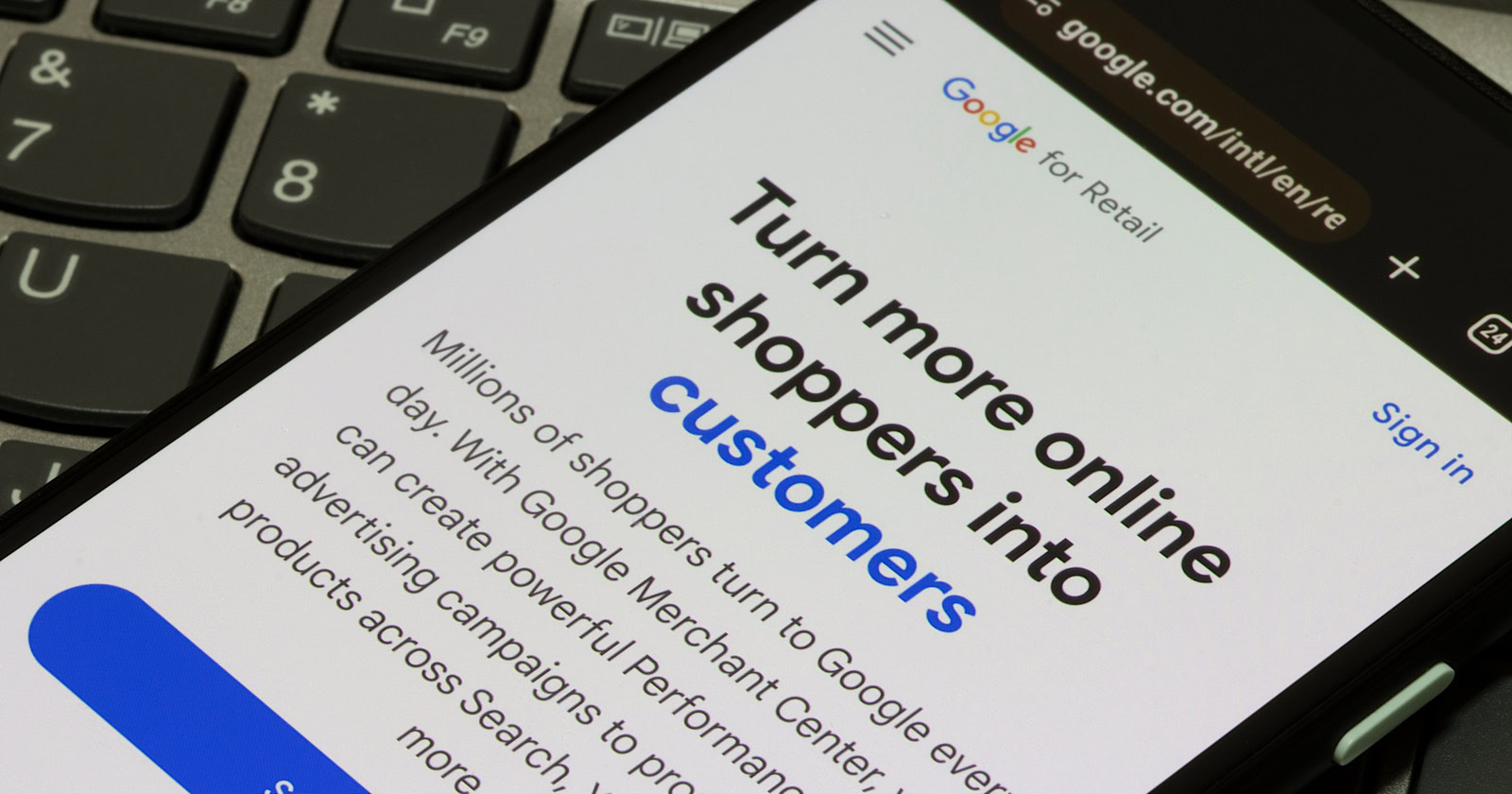
Google has launched a new advertising program called Performance Max for Marketplaces, making it easier for sellers on major e-commerce platforms to promote their products across Google’s advertising channels.
The key draw? Sellers no longer need a website or a Google Merchant Center account to start.
The official Google Ads Help documentation states:
“Performance Max for Marketplaces helps you reach more customers and drive more sales of your products using a marketplace. After you connect your Google Ads account to the marketplace, you can create Performance Max campaigns that send shoppers to your products there.”
The move acknowledges the growing importance of online marketplaces like Amazon in product discovery.
For sellers already listing products on marketplaces, Google is providing a way to tap into its advertising ecosystem, including Search, Shopping, YouTube, Gmail, and more.
As ecommerce marketer Mike Ryan pointed out on LinkedIn:
“Polls vary, but a recent single-choice survey showed that 50% of consumers start product searches on Amazon, while a multiple-choice survey showed that 66% of consumers start on Amazon.”
The source for his data is a 2023 report by PowerReviews.
To use Performance Max for Marketplaces, sellers need an active account on a participating marketplace platform and a Google Ads account.
Google has yet to disclose which marketplaces are included. We contacted Google to request a list and will update this article when we receive it.
Once the accounts are linked, sellers can launch Performance Max campaigns, drawing product data directly from the marketplace’s catalog.
Google’s documentation states:
“You don’t need to have your own website or Google Merchant Center account. You can use your existing marketplace product data to create ads with product information, prices, and images.”
Conversion tracking for sales is handled by the marketplace, with sales of the advertiser’s products being attributed to their Google campaigns.
While details on Performance Max For Marketplaces are still emerging, Google is providing information when asked directly.
Navah Hopkins states on LinkedIn she received these additional details:
“I finally got a straight answer from Google that we DO need a Merchant Center for this, we just don’t need one to start with.”
These are the key differences from regular Performance Max campaigns:
Performance Max for Marketplaces represents a new way to use Google advertising while operating on third-party platforms.
Getting products displayed across Google’s ecosystem without the overhead of a standalone ecommerce presence is a significant opportunity.
Through Google’s ecosystem, merchants have new ways to connect with customers.
Performance Max for Marketplaces is a potential difference maker for smaller retailers that have struggled to gain traction through Google’s standard shopping campaigns.
Established merchants invested in Google Ads may find the program opens new merchandising opportunities. By making an entire marketplace catalog available for ad serving, sellers could uncover previously undiscovered pockets of demand.
The success of Performance Max for Marketplaces will depend on its execution and adoption by major players like Amazon and Walmart.
Featured Image: Tada Images/Shutterstock
Here is a recap of what happened in the search forums today, through the eyes…
Google has provided details about the capabilities and limitations of its AI image generation tools…
On March 5, 2024, Google announced the launch of the March 2024 Core Update. The…
Google’s bold new vision for the future of online search, powered by AI technology, is…
A lot is happening in the world of search right now, and for many, keeping…
Google's John Mueller was asked when can a site expect to recover from the September…
This website uses cookies.
Leave a Comment